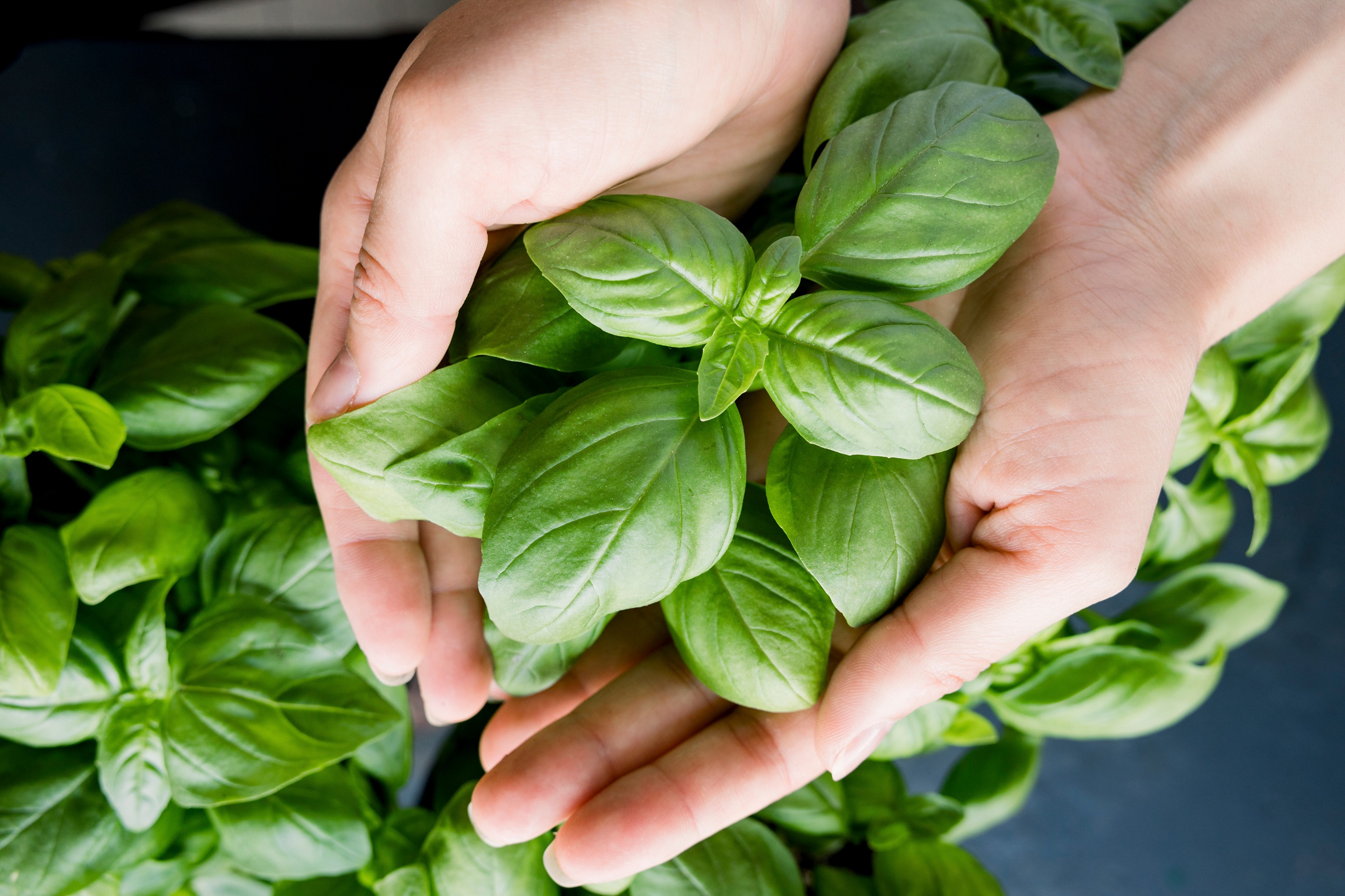
The attitudes and challenges that herbal medicine faces in the scientific community and its role in the future of healthcare.
Please tell us about your research
As a phytochemist, I work predominantly on the extraction, isolation and characterisation of natural bioactive compounds from plants. I use different methods of extraction to yield the highest possible quantities of biologically active (i.e. anti-oxidant, anti-inflammatory, antiproliferative) molecules. In addition, I perform semi-synthetic synthesis reactions to functionalise the natural parent molecules in an attempt to increase their activity, such as introducing aromatic ring moieties. Lastly, I carry out a series of biological assays to assess the novel derivatives’ bioactivity, for example, in cancer cell lines, and then prepare the hit molecules into nanoformulations to improve drug solubility and deliverability.
How helpful do you think plants and fungi can be for cancer care?
Natural compounds are structurally diverse and complex molecules, which means they can have multiple drug targets and an array of biological activities. This means that natural compounds and extracts can often have synergistic effects. In fact, around 70% of the worlds’ chemotherapeutic drugs are either based on a natural compound or a structurally similar analogue. Nature provides scaffolds of these structurally complex molecules that have phenomenal activity in cancer cell lines and, in my opinion, were the backbone to chemotherapy research. We have also seen the importance and effectiveness of using natural products as an adjunct to standard chemotherapeutic drugs. So, it is of utmost importance that natural product research for cancer therapy continues.
What are some of the challenges you face with herbal research?
Natural product chemistry is certainly not always straightforward! Plants contain hundreds of molecules and extracting the one you want can be a complicated and time-consuming process, not to mention large quantities of solvents are usually required for the extraction and separating (chromatographic) processes. In addition, for every kilo of dried plant material used, sometimes only a few grams (or even milligrams!) of the desired compound can be obtained, making the process arduous and tedious.
Do you think herbal medicines face negative bias within the scientific community, and if so, why?
Plants can definitely be misunderstood, perhaps because they have been less studied/explored with a scientific lens. However, I do believe the landscape is changing. I also believe that in a world that has been heavily influenced by industrialisation, herbal medicine can sometimes be viewed as an archaic and irrelevant practice. I suppose some scientists believe that moving from natural drugs to synthetic pharmaceuticals is progress and that the only way is forward. But from what I see in the scientific community (at least in my small world!), many scientists are acknowledging the benefits of having both practices (herbal and pharma) as part of the medical system.
How do you think herbal medicines can contribute to medicine?
Herbal medicine has been (and continues to be in many developing countries) the primary healthcare system and foundation to medical care. The importance of herbal medicines to medicine is categorically and undeniably significant. In countries where allopathic medicine is too expensive or unavailable, herbal medicine is used and accepted by the population. In addition to this, in more developed countries, a return to a more “natural” way of living has spiked the curiosity of the general population to enquire and use more herbal medicines, as they recognise the benefits of herbal medicines (including fewer adverse effects and synergistic properties) when compared to synthetic medicines. As for the future, as long as we can safeguard and protect the natural fauna and flora of this planet, herbal medicines could provide the answers and solutions to many of the ailments of our current society.
What place do you think herbal medicines have in self-care?
Herbal medicines often have a better safety profile when compared to allopathic (that’s not to say that all natural products/plants are safe, since plants contain toxic compounds – it’s all about the dosage really!). However, this does mean that plants are fantastic to use against “everyday illness” such as common colds, flu and sore throat and, perhaps more importantly, herbal medicines are much more suitable for preventative healthcare, something that the allopathic medical system is not geared towards — modern medicine has been more focused on treatment rather than prevention.
















